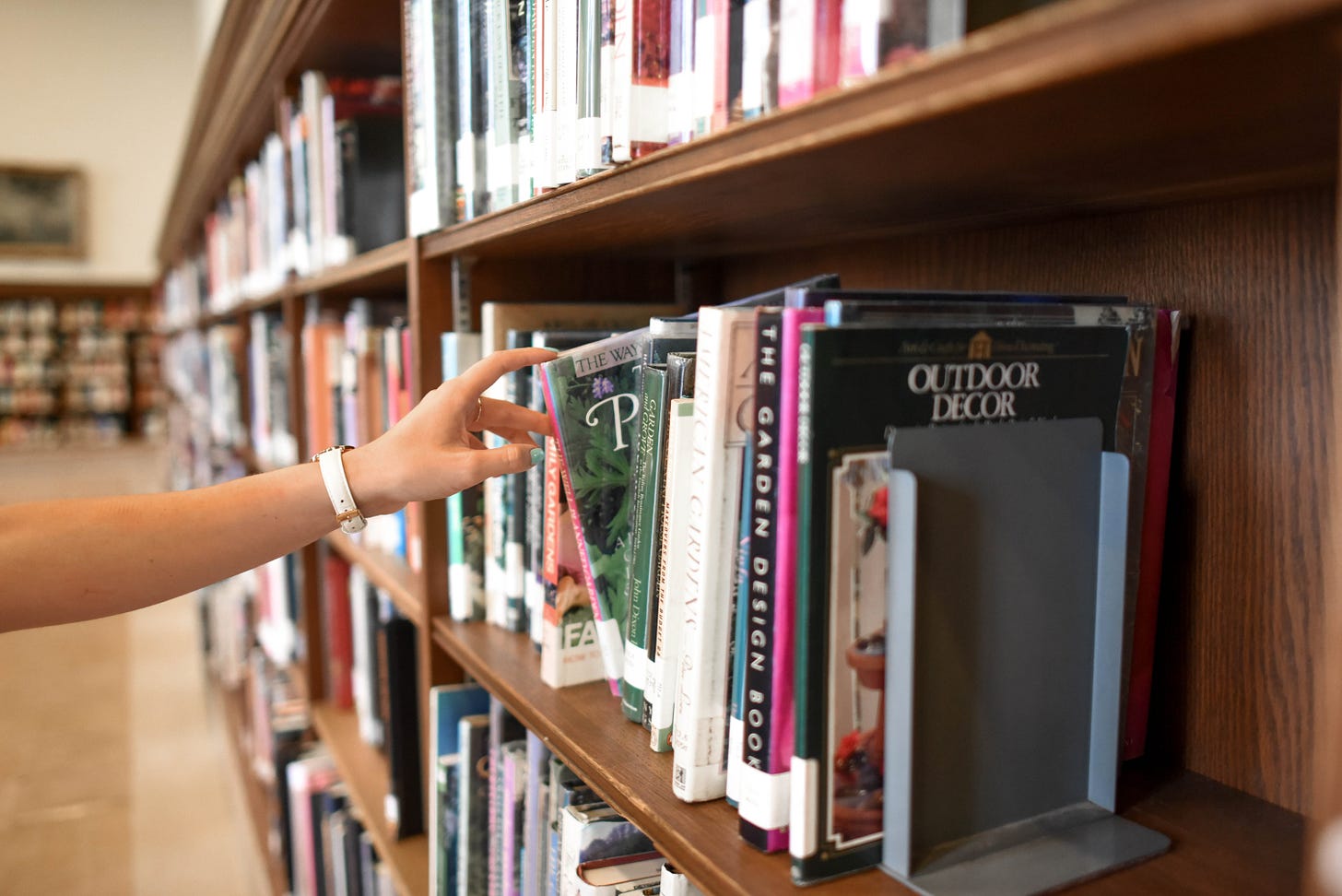In our town, since the latest school board election, we’ve seen a major uptick in the politicization of the school system. Perhaps a now common feature of the American neighborhood, the Covid19 pandemic appears to have loosened more than one screw in the fabric of our community.
The Marietta City Schools Board of Education has an existing policy on controversial issues (IKB) which acknowledges our students’ rights to “study controversial issues which have political, economic, scientific or social significance which influence his/her opinions and values.” It continues to clarify that students should have “free access to all relevant information pertaining to such issues.” The policy instructs teachers to utilize controversial topics “within the range, knowledge, maturity and competence of the students.”
Anyone who interacts with The Modern American High Schooler today knows that they experience a host of challenges and triumphs in their journey to young adulthood. Emerging technologies, pivoting social norms, and changing bodies are enough to cause anxieties even without the age-old temptations of sex, drugs, and rock and roll.
Why then, if we acknowledge the rights of students to become critical thinkers–even around mature and controversial topics–are we censoring what materials these soon-to-be-adults have free access to in their school libraries? It’s important to draw attention to this inquiry. The way we ask this question matters.
Recently some have approached this topic by asking Why are librarians providing harmful or controversial material to minors? The intention is to pull at the heartstrings of moderate American parents who–like most people–do not wish to cause harm to minors. Nobody of rational mind would consent to providing “pornographic” or “obscene” materials to children. Recent legislation in Arkansas allows for the criminalization of librarians and faculty who allow access to titles with mature or sensitive themes, and Florida is well on their way to doing the same, with criminal allegations made against media center specialists just this week.
The better question, however, is not framed as an accusation against particular books, ideas, or librarians. High school media centers have contained mature content, sensitive themes, and controversial ideas since the onset of school libraries. Instead, the right questions ask Why are we suddenly labelling mature themes for mature students as pornographic? and Why are certain topics being politicized?
Answers to this require a consultation with evidence. Here are some commonalities among the 1,642 books banned in American school libraries between 2021-2022 (PEN America):
41% explicitly addressed LGBTQ+ themes or have prominent secondary characters who are LGBTQ+;
40% contained protagonists or prominent secondary characters of color;
21% directly address issues of race and racism;
22% contained sexual content of varying kinds ranging from normative teen sexual experiences to pregnancy, abortion, and assault.
The fact remains that 1 in 4 American teens identify as LGBTQ+. Fewer than 20% of our students at Marietta High School are white, and our reading proficiency is below average. Are the students and families of our diverse community best served by a Board of Education who condone the politicization of library material that speaks directly to our student body and their families? Whereas some may be quick to join the chorus of voices proclaiming that “pornography” and “obscenity” be expelled from the media center, most of us see this for what it is: propaganda.
As outlined in MCS BOE Policy IKB above, students have the right to access mature and controversial material, for free, in their school libraries. Our students and families deserve to have access to books that reflect their own lives, experiences, concerns, and desires. Instead of censoring ideas, instead of limiting access to books, instead of overriding parent and student choice, we should be expelling the politicization of our schools. We are a multicultural, tight-knit community of folks, and we want to keep it that way.
What do you think, Marietta? Let us know.




